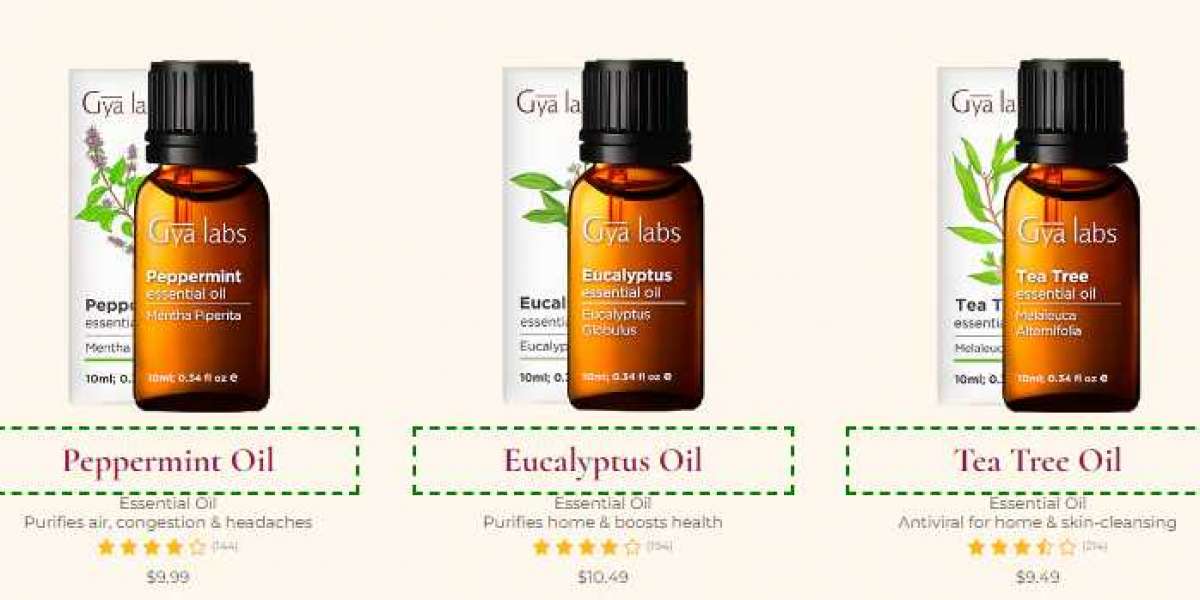In the realm of natural remedies, essential oils have gained significant attention for their therapeutic properties. One such oil that has been praised for its remarkable healing abilities is rosemary oil. Renowned not only for its distinctive aroma and culinary uses but also for its potential in wound healing, rosemary oil stands out as a versatile and effective option in the world of essential oils.
Understanding the Essence of Rosemary Oil
Derived from the leaves of the Rosmarinus officinalis plant, rosemary oil has been a staple in traditional medicine for centuries. Its rich history as a medicinal herb dates back to ancient civilizations, where it was revered for its ability to address various health concerns, including wound healing.
The Science Behind Wound Healing
Wound healing is a complex process involving several stages, including inflammation, tissue formation, and tissue remodeling. Essential oils, like rosemary oil, have been studied for their potential to accelerate these stages and promote optimal healing.
Key Components of Rosemary Oil
The healing properties of rosemary oil can be attributed to its composition, which includes:
Antioxidants: Rosemary oil is rich in antioxidants, such as rosmarinic acid and carnosol, which help neutralize free radicals and reduce oxidative stress. This is crucial for promoting a healthy environment for wound healing.
Anti-Inflammatory Compounds: The oil contains anti-inflammatory compounds that may help reduce inflammation at the site of the wound, facilitating the healing process.
Antimicrobial Properties: Rosemary oil exhibits antimicrobial properties, making it effective against certain bacteria and fungi. This is particularly beneficial in preventing infections in wounds.
Utilizing Rosemary Oil for Wound Healing
When it comes to using rosemary oil for wound healing, it's important to do so with care and proper dilution. Here are some effective ways to incorporate rosemary oil into your wound care routine:
1. Topical Application:
Gently dilute rosemary oil with a carrier oil, such as coconut or jojoba oil, before applying it to the wound. The antimicrobial and anti-inflammatory properties of rosemary oil can help keep the wound clean and promote faster healing.
2. Aromatherapy:
Inhaling the aroma of rosemary oil through aromatherapy can have indirect benefits for wound healing. The scent of rosemary is known to have a calming effect, which can help reduce stress and promote overall well-being, contributing to the body's healing mechanisms.
3. DIY Healing Salve:
Combine rosemary oil with other healing essential oils like lavender and tea tree oil to create a DIY healing salve. This can be applied topically to wounds and cuts for a synergistic effect that supports the healing process.
Safety Considerations
While rosemary oil can offer significant benefits in wound healing, it's essential to use it cautiously. Here are a few safety considerations:
Dilution: Always dilute rosemary oil before applying it to the skin. Undiluted essential oils can be harsh and may cause skin irritation.
Patch Test: Perform a patch test before using rosemary oil on a larger area to ensure that you do not have an adverse reaction.
Consultation: If you have underlying health conditions or are pregnant, consult with a healthcare professional before using rosemary oil for wound healing.
Conclusion
In the vast landscape of essential oils, rosemary oil stands out as a fragrant powerhouse with impressive wound healing potential. Its unique combination of antioxidants, anti-inflammatory compounds, and antimicrobial properties make it a valuable addition to your natural first aid kit. Whether used topically or through aromatherapy, rosemary oil has the capacity to support the body's innate healing processes, making it a compelling choice for those seeking natural alternatives in wound care.
As you explore the world of essential oils, consider incorporating rosemary oil into your holistic approach to wellness. From its aromatic allure to its therapeutic benefits, rosemary oil is indeed a noteworthy contender among the best essential oils for wound healing.








